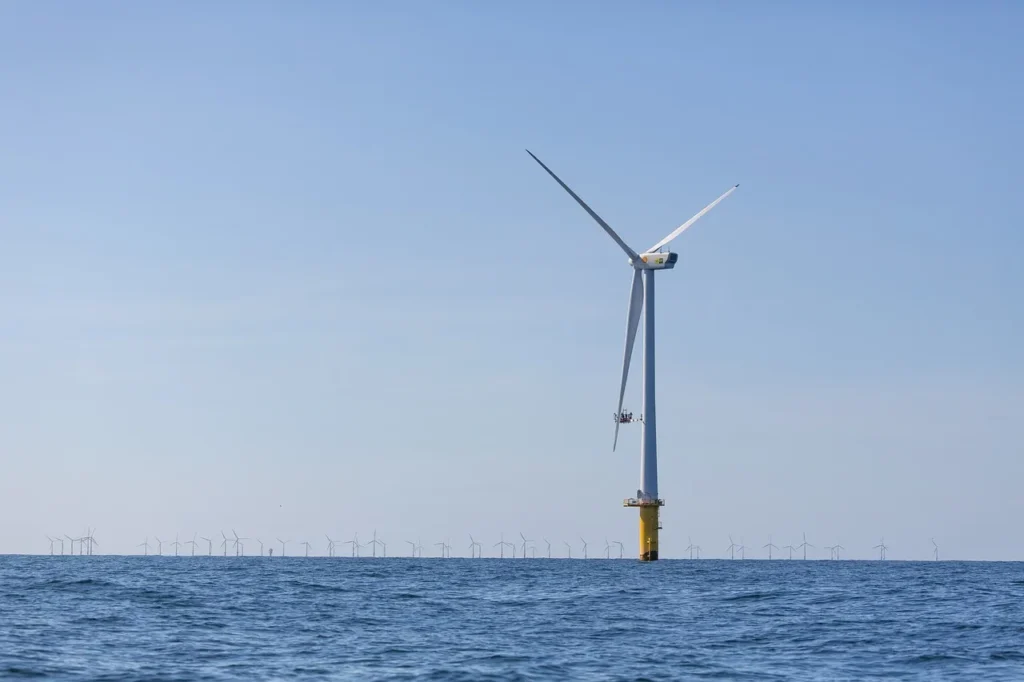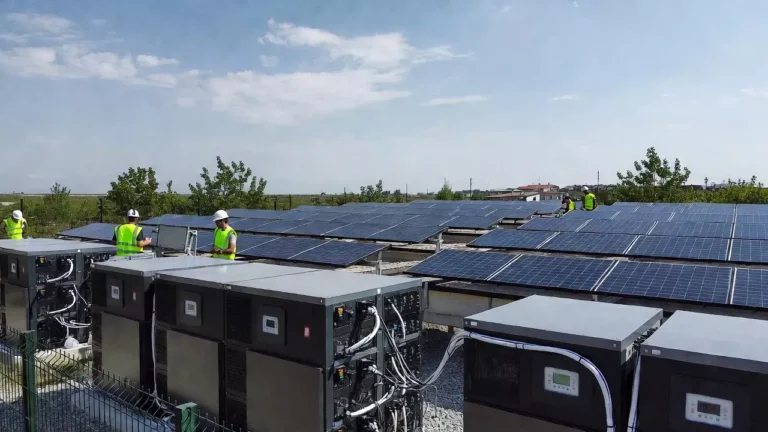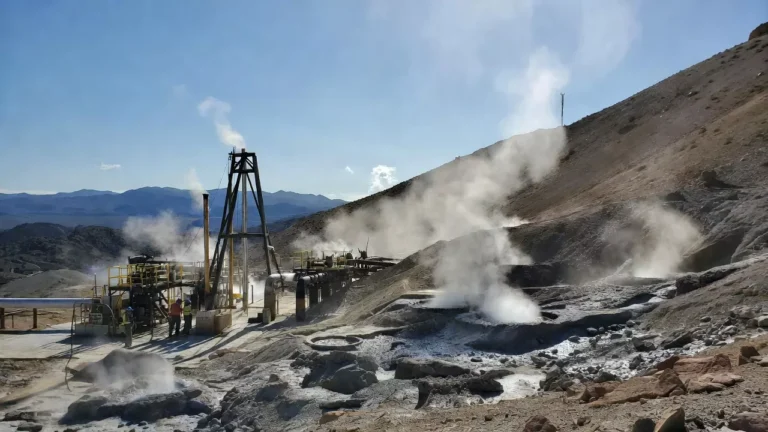
Green Oceans Demands U.S. Army Corps Suspend and Revoke Revolution Wind Permit Over Toxic Discharges
In a significant escalation of its campaign to safeguard marine environments from the harmful effects of offshore wind development, Green Oceans—a respected independent and nonpartisan grassroots environmental organization—has formally petitioned the U.S. Army Corps of Engineers to suspend and ultimately revoke the federal permit granted to the controversial Revolution Wind project.
The organization, which has become a key watchdog in the offshore energy debate, delivered a detailed and urgent letter earlier this month to Colonel John Atilano II, Commander of the Army Corps’ New England District. In it, Green Oceans presented what it describes as irrefutable, well-documented evidence showing that Revolution Wind has repeatedly and egregiously violated its water discharge limits by releasing hazardous pollutants into Narragansett Bay and adjacent wetlands.
Allegations of Widespread Pollution
According to Green Oceans, the violations are not merely technical oversights or isolated incidents. Instead, they constitute a systematic failure to comply with legal discharge limits under both federal and state water quality laws. Green Oceans says its analysis of Revolution Wind’s own discharge monitoring reports reveals shockingly high concentrations of toxic substances, including arsenic, zinc, phenols, polycyclic aromatic hydrocarbons (PAHs), and total suspended solids. In many cases, these pollutants reportedly exceeded legal thresholds by several hundred to even thousands of percent.
“These are not minor infractions. We’re talking about toxic pollutants being dumped into our waters at levels that could pose serious risks to marine life, ecosystems, and human health,” said Dr. Lisa Quattrocki Knight, neuroscientist and co-founder of Green Oceans. “These chemicals have the potential to contaminate seafood, enter the drinking water supply, and bioaccumulate in ways we don’t fully understand yet. How can we allow this to continue?”
A Breach of Public Trust
When the Army Corps granted its permit to Revolution Wind, the agency assured stakeholders and the public that environmental safeguards were in place. Specifically, it stated that all onshore and offshore activities associated with the project would comply with the Clean Water Act, introduce no toxic effluents into public waters, and avoid significant ecological degradation. Green Oceans now argues that these commitments were not upheld.
“The Corps told the public that Revolution Wind would meet every water quality standard,” the organization’s letter to Col. Atilano reads. “Fifteen months into construction, the project has betrayed that trust. The factual record now confirms repeated, dangerous pollution events—based on the developer’s own data.”
Green Oceans believes this pattern of environmental damage, coupled with what it sees as regulatory complacency, necessitates immediate intervention. “Suspending the permit is no longer a precaution—it is a necessity,” the organization wrote. They are also calling for a formal compliance investigation into the project’s environmental impact.
Growing Legal and Political Pressure
The move by Green Oceans comes amid mounting scrutiny of the Revolution Wind project from multiple fronts. In addition to contacting the Army Corps, Green Oceans recently filed a petition with the Environmental Protection Agency (EPA), requesting that the agency reopen and revoke the project’s permit based on what it calls “material omissions” in the original air pollution analysis. The group asserts that key pollutants and emission sources were left unexamined or underestimated during the permit approval process.
“In the last month alone, we have initiated three separate federal interventions,” said Bill Thompson, co-founder of Green Oceans. “We’ve gone to the EPA over air quality issues, to the Department of the Interior to halt offshore wind construction nationally, and now to the Army Corps over this deeply troubling pollution. These are not alarmist gestures. They are fact-driven, evidence-based actions intended to protect our coastal environment.”
Thompson added that Green Oceans would continue to explore legal, regulatory, and public channels to prevent what he called the “industrialization” of U.S. oceans under the guise of renewable energy. “We will not rest until this environmental tragedy is averted,” he said. “The oceans and marine ecosystems must be preserved—not sacrificed—for poorly regulated energy experiments.”
Federal Energy Policy Shift

This growing opposition to Revolution Wind and similar offshore wind projects coincides with a significant policy realignment at the federal level. On January 21, President Donald Trump issued an executive memorandum that halts the issuance of new offshore wind construction permits and calls for a comprehensive review of existing approvals. The directive, framed as a protective measure for U.S. coastal waters, marks a stark departure from prior administrations’ support for aggressive offshore wind development.
The Trump administration’s policy shift has been welcomed by organizations like Green Oceans, which argue that previous regulatory processes were rushed and incomplete, often sidestepping environmental due diligence in favor of expediency and political optics.
“For too long, the offshore wind permitting process has operated like a rubber stamp—ignoring public concerns, dismissing ecological science, and bypassing proper scrutiny,” said Dr. Knight. “We support any policy that brings rigorous oversight back into the equation.”
Broader Implications for Environmental Law
Environmental law experts say that if Green Oceans’ claims are substantiated, the ramifications could extend well beyond this single project. “If the data holds up, and if it’s proven that the company misrepresented pollution levels or failed to meet discharge standards, then not only is permit revocation warranted, but there could also be significant legal liability,” said Professor David Collins, an environmental law scholar at a Boston-area university.
Collins noted that under the Clean Water Act, both civil and criminal penalties could apply in cases of willful or negligent pollution. “The law is very clear,” he said. “Discharges that violate permit conditions—especially when they involve hazardous pollutants—can trigger serious consequences.”
Revolution Wind’s Response
As of this writing, Revolution Wind has not issued a formal public response to the allegations raised by Green Oceans. In past communications, however, the company has maintained that it is in full compliance with all federal and state environmental laws. It has also emphasized the role that offshore wind plays in decarbonizing the U.S. energy grid and reducing dependence on fossil fuels.
Nonetheless, critics argue that environmental harm cannot be excused in the name of clean energy. “It’s not green if it pollutes,” Dr. Knight said. “Environmental protection is not an optional feature of renewable energy—it’s a requirement.”










